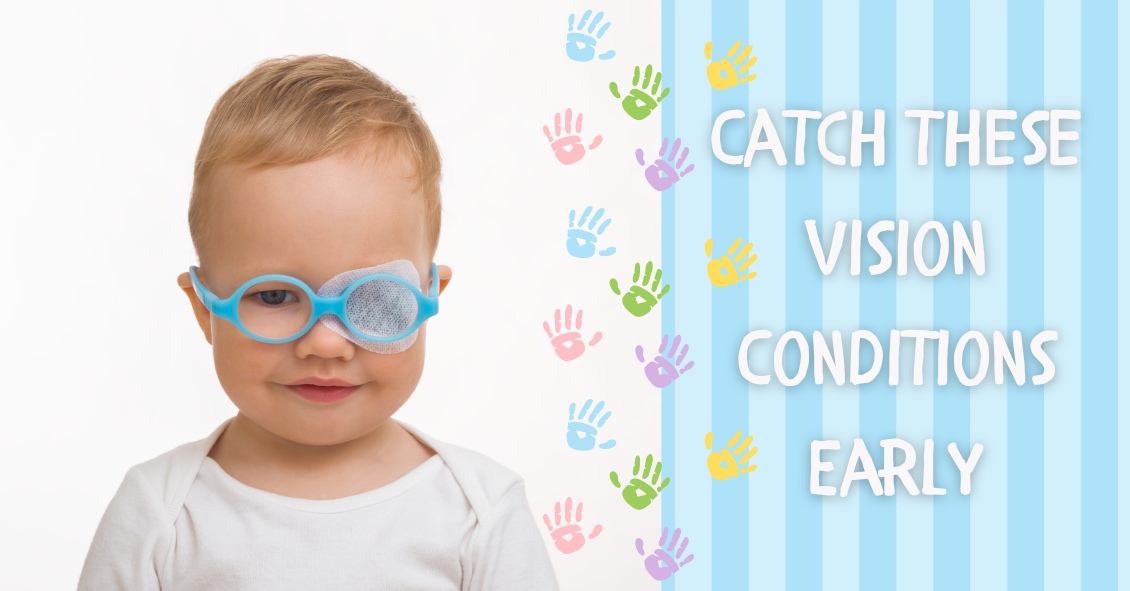What do amblyopia, strabismus, and convergence insufficiency all have in common? These are all serious and relatively common eye conditions that children can have.
Did you know that 80% of learning comes through vision? The proverb that states ”A picture is worth a thousand words” is true! If a child has a hard time seeing, it stand to reason that she will have a hard time learning.
Let’s explore amblyopia, or “lazy eye.” It affects 3-5% of the population, enough that the federal government funded children’s yearly eye exams through the Accountable Care Act or ObamaCare health initiative. Amblyopia occurs when the anatomical structure of the eye is normal but the “brain-eye connection” is malfunctioning. In other words, it is like plugging your computer into the outlet but the power cord is faulty.
Amblyopia needs to be caught early in life--in fact if it is not caught and treated early (before age 8) it can lead to permanent vision impairment. Correction with glasses or contacts and patching the good eye are ways it is treated. Most eye doctors agree that the first exam should take place in the first year of life. Early detection is a key.
Strabismus is a condition that causes an eye to turn in (esotropia), out (exotropia), or vertically. It can be treated with glasses or contacts, and surgery, if needed. Vision therapy or strategic eye exercises prescribed by a doctor can also improve this condition.
When we read, our brain tells our eyes to turn in to a comfortable reading posture. In convergence insufficiency, the brain tells the eyes to turn in, but they instead turn out, causing tremendous strain on that child’s eyes while reading. Another tell tale sign of this condition is the inability to cross one's eyes when a target approaches. The practitioner will see instead that one of the eyes kicks out as the near target approaches. This condition can be treated with reading glasses or contacts, and eye exercises that teach the muscles of the eye to align properly during reading. Vision therapy is the treatment of choice for convergence insufficiency.
It is important to understand the pediatric eye and all the treatments that can be implemented to augment the learning process. Preventative care in the form of early eye examinations can mean the difference between learning normally or struggling badly. Remember, a young child can’t tell you if he has a vision impairment. For the success of the child, be proactive by scheduling an early vision exam.



